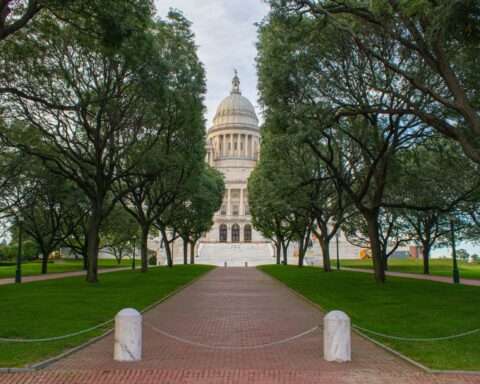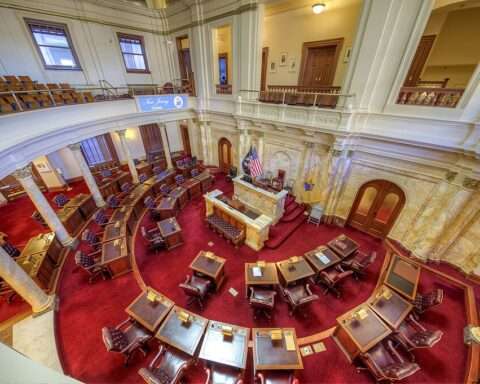The University of Texas at San Antonio (UTSA) is now part of the U.S. Artificial Safety Institute Consortium (AISIC), a national organization that brings government, university and private researchers together to help develop and deploy trustworthy AI systems. The U.S. Department of Commerce’s (DOC) National Institute of Standards (NIST) created the organization in February.
The AISIC includes over 200 member organizations and institutions that are on the frontlines of researching, developing and/or leveraging AI systems.
It was set up to accomplish two goals: set AI safety standards and protect the innovation ecosystem. “The U.S. government has a significant role to play in setting the standards and developing the tools we need to mitigate the risks and harness the immense potential of artificial intelligence,” U.S. Secretary of Commerce Gina Raimondo said.
UTSA’s School of Data Science and the National Security Collaboration Center will help it play a key role within the institution, the university said.
The university is home to the MATRIX AI Consortium, which brings together over 70 scientists and AI experts from UTSA, UT Health San Antonio, the Southwest Research Institute and the wider San Antonio region. MATRIX focuses on research in four areas: machine learning and deployment, augmenting human capabilities, neuro-inspired AI and trustworthy AI.
In fall 2023, UTSA and UT Health San Antonio jointly launched the first-known program in the United States to combine medicine and artificial intelligence. Their MD/MS in Artificial Intelligence is a five-year program that enables physicians to use AI to improve diagnostic and treatment outcomes. The university said it is also in the planning stages to create a college for AI, computing, cyber and data science.
“We are proud to collaborate with this consortium to help lead the way in these cutting-edge fields and to continue to expand the university’s collective expertise for the benefit of the institution and our UTSA students,” said Heather Shipley, interim provost and executive vice president for academic affairs.













